167592
1-Chloro-2-methyl-2-propanol
97%
Synonym(s):
Chloro-tert-butyl alcohol
Sign Into View Organizational & Contract Pricing
All Photos(1)
About This Item
Linear Formula:
(CH3)2C(OH)CH2Cl
CAS Number:
Molecular Weight:
108.57
Beilstein:
1697054
EC Number:
MDL number:
UNSPSC Code:
12352100
PubChem Substance ID:
NACRES:
NA.22
Assay:
97%
Recommended Products
Quality Level
Assay
97%
refractive index
n20/D 1.439 (lit.)
bp
124-128 °C (lit.)
density
1.058 g/mL at 25 °C (lit.)
functional group
chloro
hydroxyl
SMILES string
CC(C)(O)CCl
InChI
1S/C4H9ClO/c1-4(2,6)3-5/h6H,3H2,1-2H3
InChI key
JNOZGFXJZQXOSU-UHFFFAOYSA-N
Looking for similar products? Visit Product Comparison Guide
Related Categories
General description
Reaction of 1-chloro-2-methyl-2-propanol on oxygen-containing Ag(110) surfaces has been investigated by synchrotron-based temperature-programmed X-ray photoelectron spectroscopy.
Application
1-Chloro-2-methyl-2-propanol was used in the synthesis and characterization of new polyfunctional thiols.
Signal Word
Warning
Hazard Statements
Precautionary Statements
Hazard Classifications
Flam. Liq. 3
Storage Class Code
3 - Flammable liquids
WGK
WGK 3
Flash Point(F)
100.4 °F - closed cup
Flash Point(C)
38 °C - closed cup
Personal Protective Equipment
dust mask type N95 (US), Eyeshields, Gloves
Choose from one of the most recent versions:
Already Own This Product?
Find documentation for the products that you have recently purchased in the Document Library.
Customers Also Viewed
Multistep reaction processes in epoxide formation from 1-chloro-2-methyl-2-propanol on Ag (110) revealed by TPXPS and TPD experiments.
Piao H, et al.
The Journal of Physical Chemistry B, 107(50), 13976-13985 (2003)
Catherine Vermeulen et al.
Combinatorial chemistry & high throughput screening, 9(8), 583-590 (2006-10-05)
Combinatorial chemistry was shown to be an efficient tool for the preparation of new aroma-impact compounds. In this case, polyfunctional thiols were synthesized quickly using halide reagents or Bunte salt intermediates. They were separated by gas chromatography and then characterized
Our team of scientists has experience in all areas of research including Life Science, Material Science, Chemical Synthesis, Chromatography, Analytical and many others.
Contact Technical Service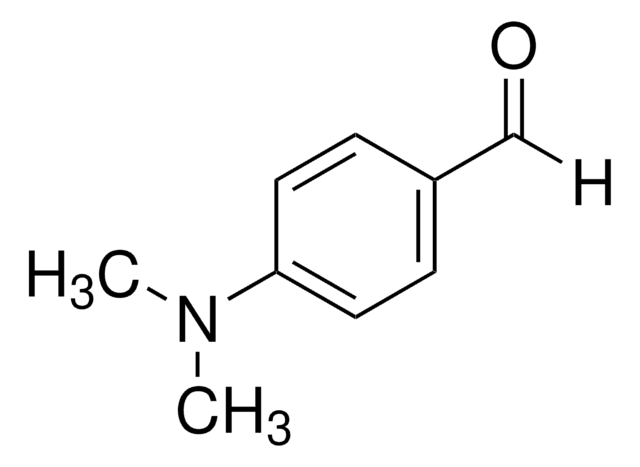
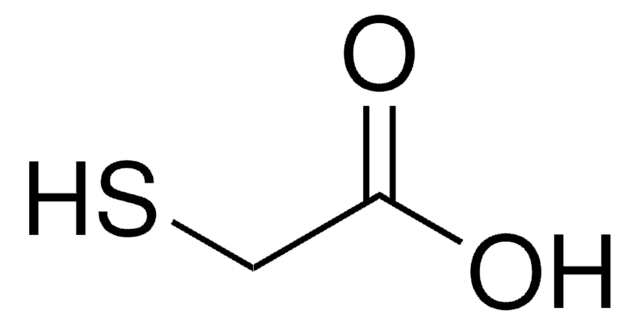
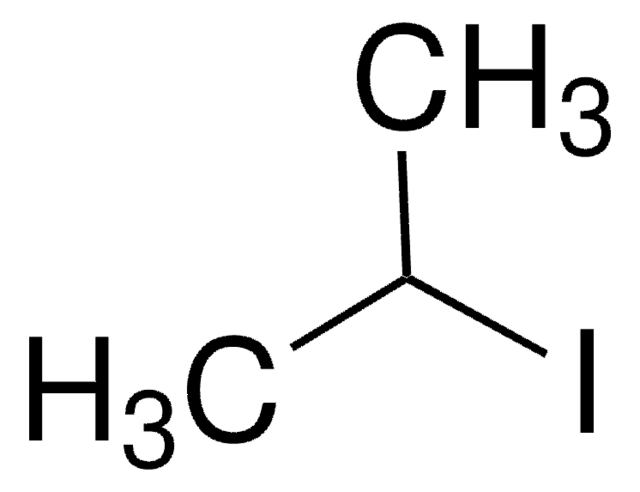

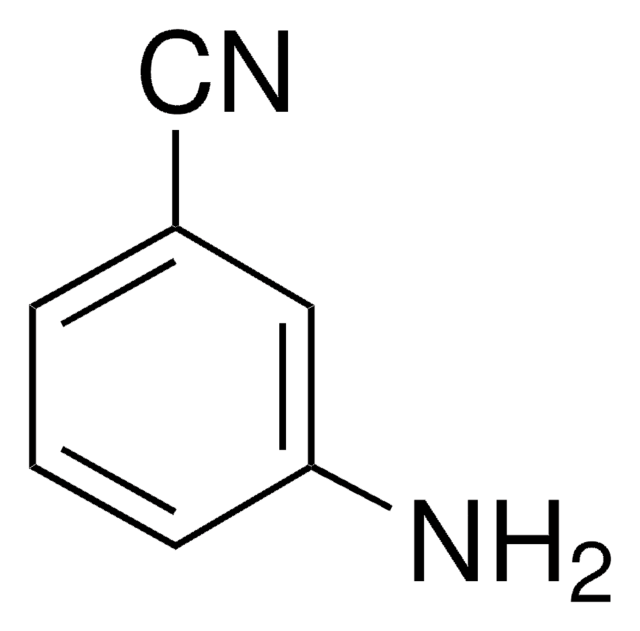
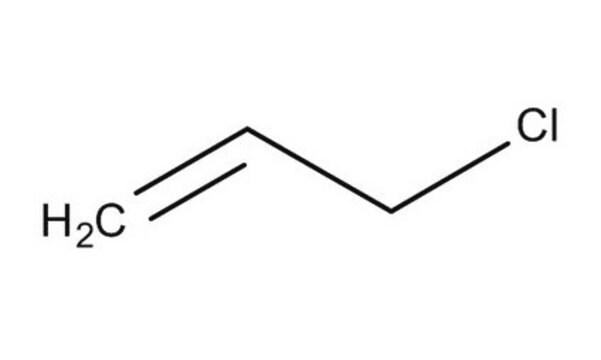
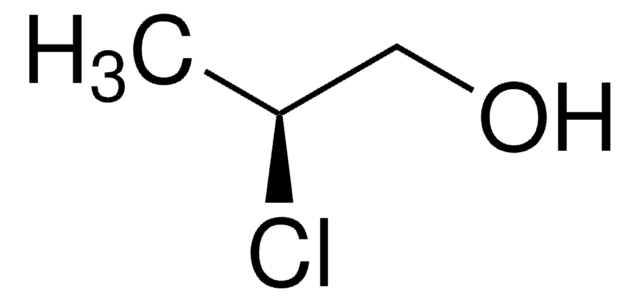
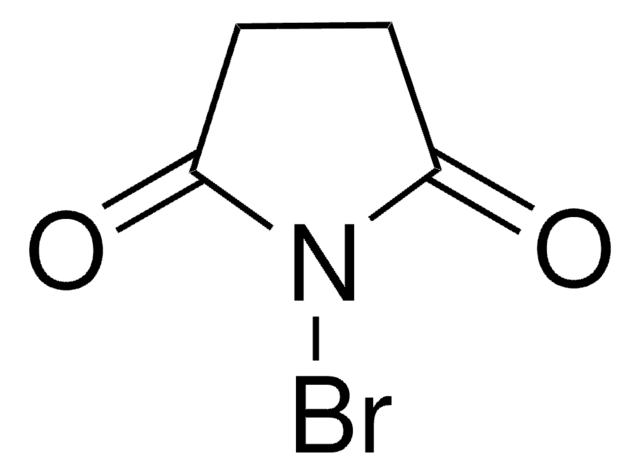


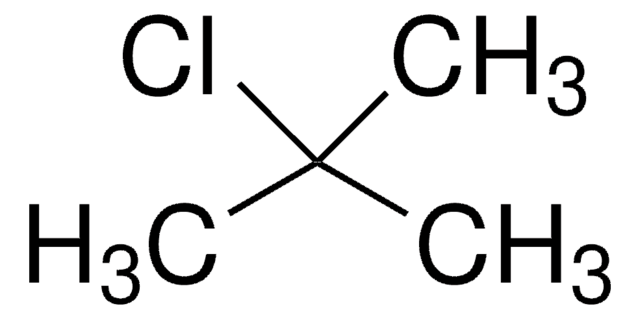

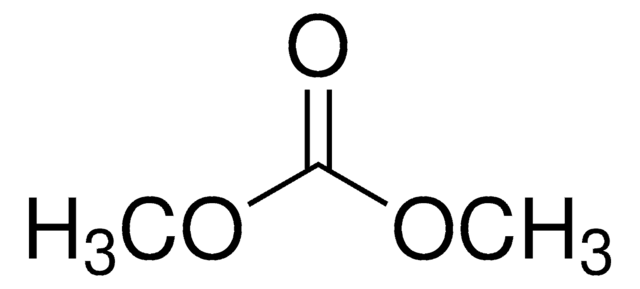
![[1,1′-Bis(diphenylphosphino)ferrocene]dichloropalladium(II)](/deepweb/assets/sigmaaldrich/product/structures/130/734/8846aa26-1858-458a-998d-8c306c13bf0f/640/8846aa26-1858-458a-998d-8c306c13bf0f.png)
